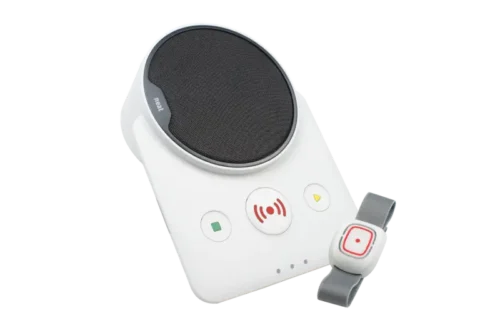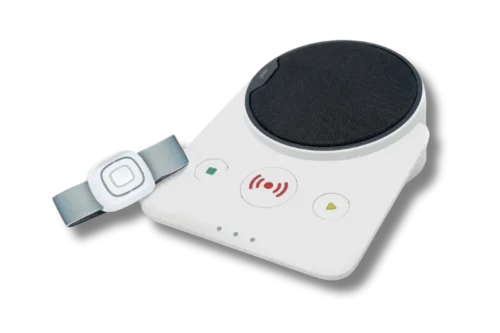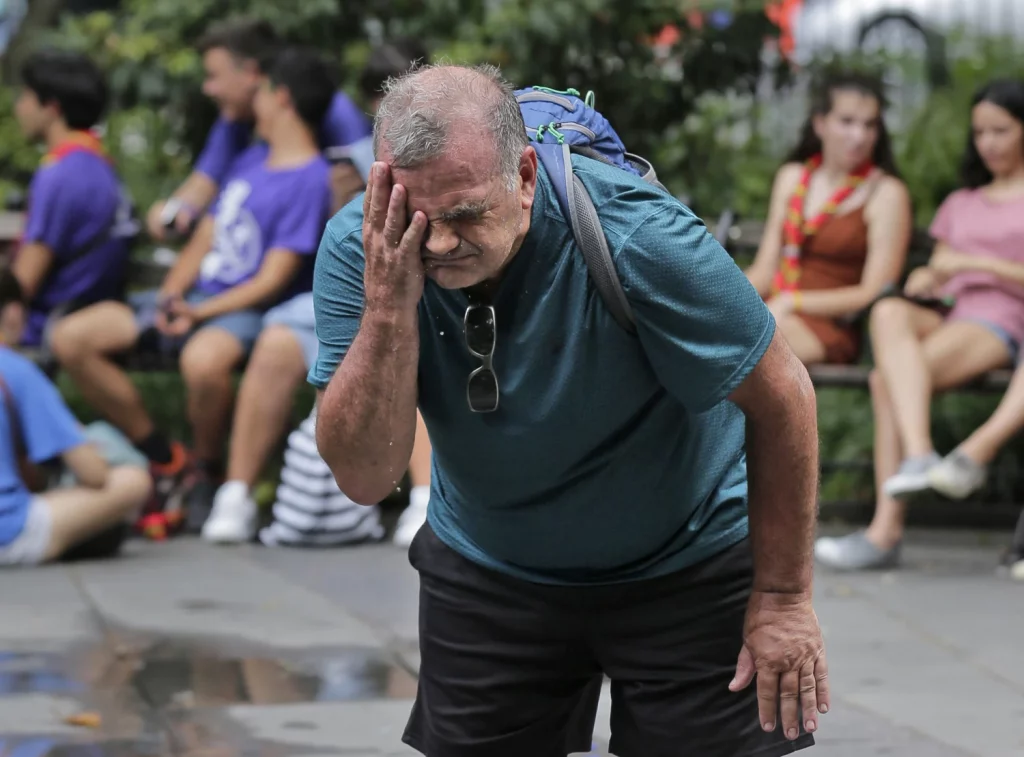The summer of 2022 marked a record setting heatwave in the UK and several other countries around the globe. As we come to the conclusion of summer many begin to plan their fall and winter holidays. While the UK begins to cool down, for many holiday destinations can include very hot and tropical climates. Whether you are planning to travel to tropical island or you’d like to be prepare for the next summer heat, this article will prepare you to identify symptoms of heat stroke and heat exhaustion as well as how to cope with them.
Many people over the age of 65 find themselves with long term health conditions and on prescription medication, both of which significantly reduces their ability to cope with an increase in the ambient temperature.
This being the case, heat stroke is the most serious effect on the elderly closely followed by heat exhaustion.
Symptoms of heat stroke include the following
- An extremely high body temperature (above 38°C)
- Red, hot, and dry skin (no sweating)
- Rapid, strong pulse
- Throbbing headache
- Dizziness
- Nausea
Symptoms of heat exhaustion include
- Heavy sweating
- Paleness
- Muscle Cramps
- Tiredness
- Weakness
- Dizziness
- Headache
- Nausea or vomiting
- Fainting
- Skin: may be cool and moist
- Pulse rate: fast and weak
- Breathing: fast and shallow
Practical ways to reduce the effect of a heatwave include
- Regularly drink plenty of water
- Rest
- Have a shower or bath once or twice a day
- Keep in a cool shady part of your home and look into the possibility of having a mobile air con unit
- Wear light clothing
Having a personal alarm will also provide some level of protection as a user can raise an alarm the moment they feel unwell. Temperature sensors can also be connected to automatically raise an alarm if the ambient room temperature reaches a certain level.
Further information on how to cope with a heatwave is found on the NHS Choices Website.




